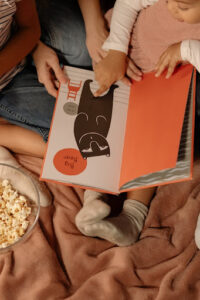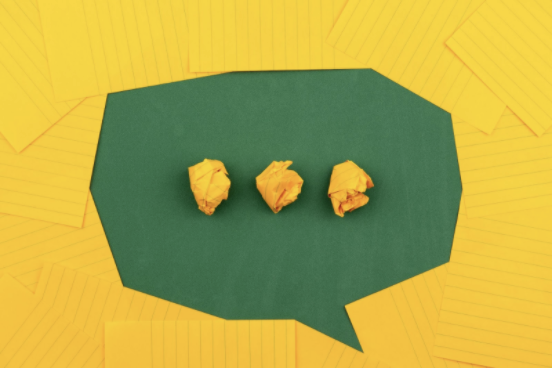
What do you love most about working for PlayWorks Therapy?
PlayWorks places such an emphasis on caring for the whole child, not just teaching a particular skill, which I have found to be critical in the field of speech and language therapy. Also, you can’t beat working with a team of competent, supportive, and compassionate individuals, such as the team here at PlayWorks.
What is your favorite children’s book?
Miss Spider’s Tea Party, by David Kirk.
What do you enjoy most about living in Chicago?
My favorite thing about Chicago is living close to Lake Michigan. I also love the big buildings, being able to walk so many places, and never running out of things to do.
What is your favorite childhood memory?
I have many favorite memories related to spending time with my grandma and grandpa. One that came to mind involved attempting ballet to the sounds of a wind-up music box in my grandma’s living room. I now have the music box on my dresser and think of those memories affectionately and often. My grandpa did a series of stretches every morning and when he came to visit, I would always do them by his side.
Would you rather a mountain or beach vacation?
I do sincerely enjoy hiking, but I have to go with beach overall. I recently enjoyed a trip to California, where I was lucky enough to do both!
A proud “therapy moment”:
On my third session with a child with autism, they spontaneously gave me the biggest hug! I believe it was because they felt supported and understood that I was going to help them communicate.
What is your hometown?
Grand Rapids, Michigan!
What do you like to do in your free time?
I love exploring Chicago with my husband, heading up to Michigan to spend time with my family, taking pictures, and anything related to being outside (when it is warm enough).
What is your favorite therapy toy?
I always enjoy doing crafts with the kids – glitter pens, stickers, markers. The possibilities are endless. You can scaffold the activities to target a variety of skill levels and treatment objectives.
A fun fact about me:
I am a certified small boat sailor!
Ana Thrall Burgoon, M.S., CCC – SLP
Speech-Language Pathologist









